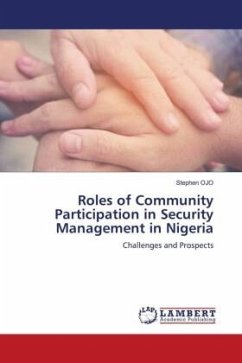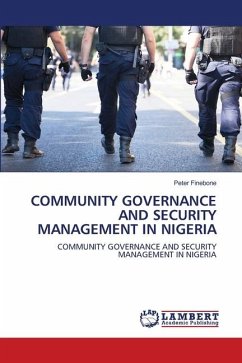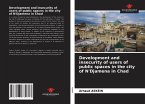The ongoing state of insecurity in Nigeria threatened the very structure of national integration, and created an ecosystem of fear and anxiety that impacted negatively the socio-economic development of the country. Meanwhile, the Nigerian government has taken various steps and created various devices to address domestic security challenges through the conventional security agencies with some degree of failures. Against this background, this book focuses on examining the roles of community participation in security management in Nigeria considering the inherent challenges and prospects. It concludes that the extent of participatory roles of community members in security management as seen in the study is usually limited to reporting of threats to security agencies; participation in decision making and implementation is usually poor as the common masses are alienated from sensitive areas of security management. It therefore recommends among others that security management needs to be redefined in order to emphasize the role of community participation in producing effective and efficient results.
Bitte wählen Sie Ihr Anliegen aus.
Rechnungen
Retourenschein anfordern
Bestellstatus
Storno








